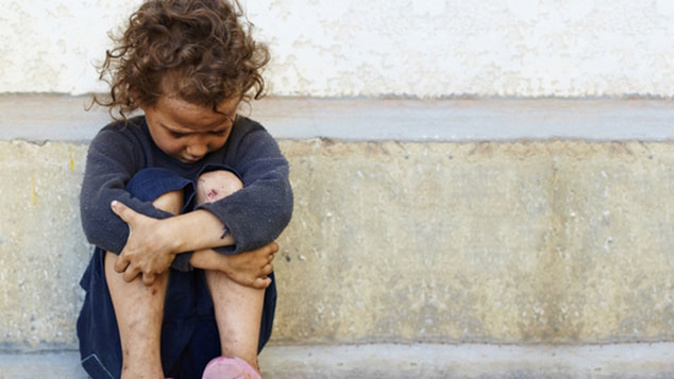
The United Nations is "deeply concerned" about New Zealand's high child poverty rates and says a systemic approach is needed to resolve it.
The UN's Committee on the Rights of the Child has recommended a series of reforms for the government, including the adoption of a comprehensive children's code and the introduction of a national poverty definition.
But the latter of the two recommendations has already been rejected by the government, with Prime Minister John Key saying last week that there were various ways to measure poverty and he wouldn't commit to just one.
The committee's report follows meetings in Geneva last month, attended by social development minister Anne Tolley.
"It's important to provide context. Out of 250 questions, I was asked one question by the committee about child poverty," Ms Tolley said in response to the report.
She said she was disappointed the committee appeared to ignore detailed analysis about income poverty or material hardship trends for children, which she said have remained flat or fallen.
"New Zealand is among the best in the world at monitoring and analysing long- term data and I also explained to the committee that child poverty is too complex and multi-faceted to use just one simplistic measure," she said.
Among its other recommendations the committee wants to see New Zealand substantially increase allocations for child poverty, and specifically mentions the rights of Maori and Pasifika children.
Unicef said New Zealand hasd made some progress but the government had still not demonstrated that laws or policies were being designed with every child and all rights in mind.
"Children's rights should be a prime organising principle for how we build a better society, not just something we think about later, in a tick-the-box kind of way," executive director Vivien Maidaborn says.
Labour's children's spokeswoman Jacinda Ardern said proper discussions to set bold targets and a definition of poverty were long overdue.
"We must all work together and be bold with ambitious definitions and decisions aimed at ultimately eradicating child poverty," she said.
Green Party co-leader Metiria Turei said nobody wanted to live in a country where child poverty was normal, and described Mr Key's refusal to commit to a child poverty definition as "simply a failure of leadership".
Take your Radio, Podcasts and Music with you









